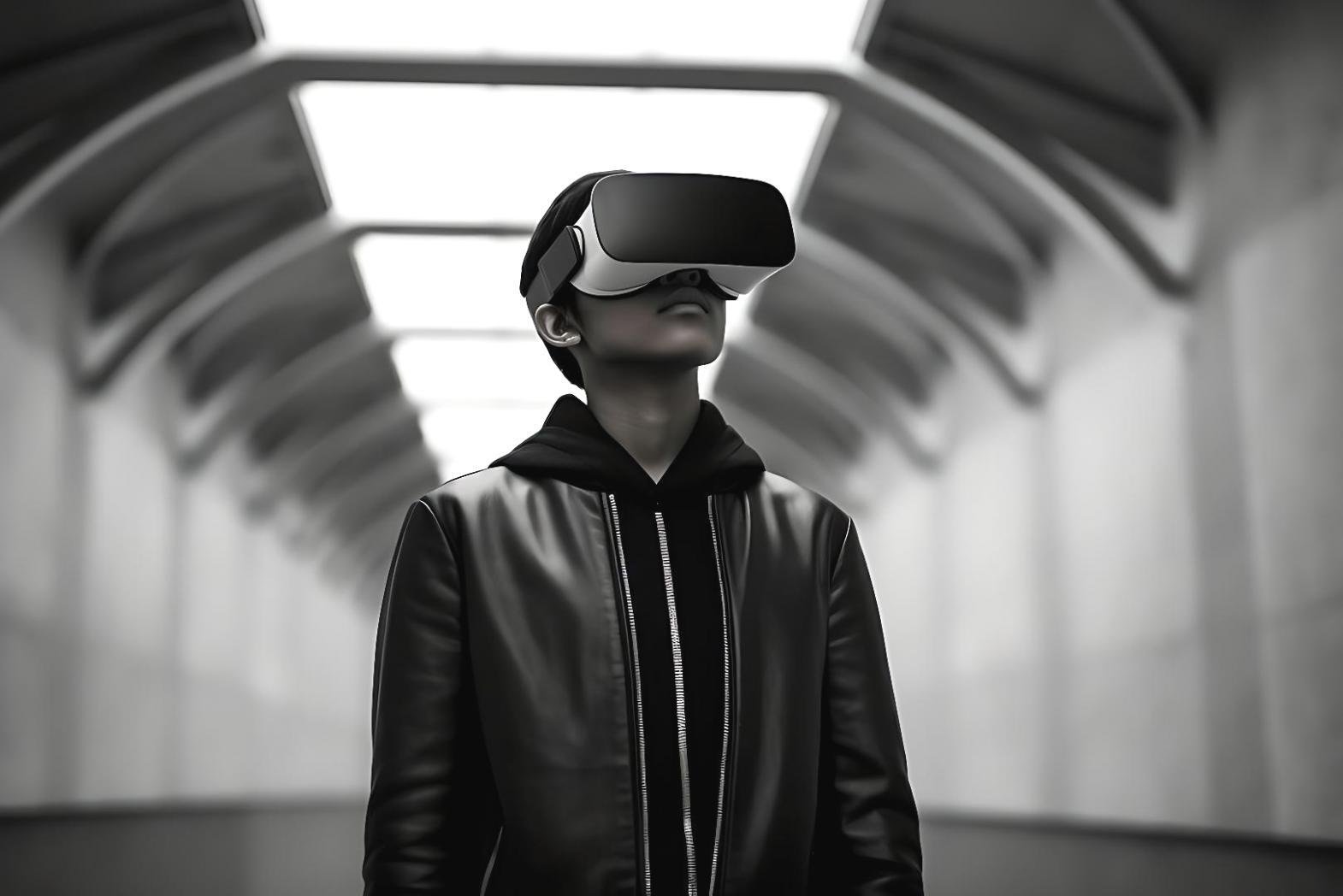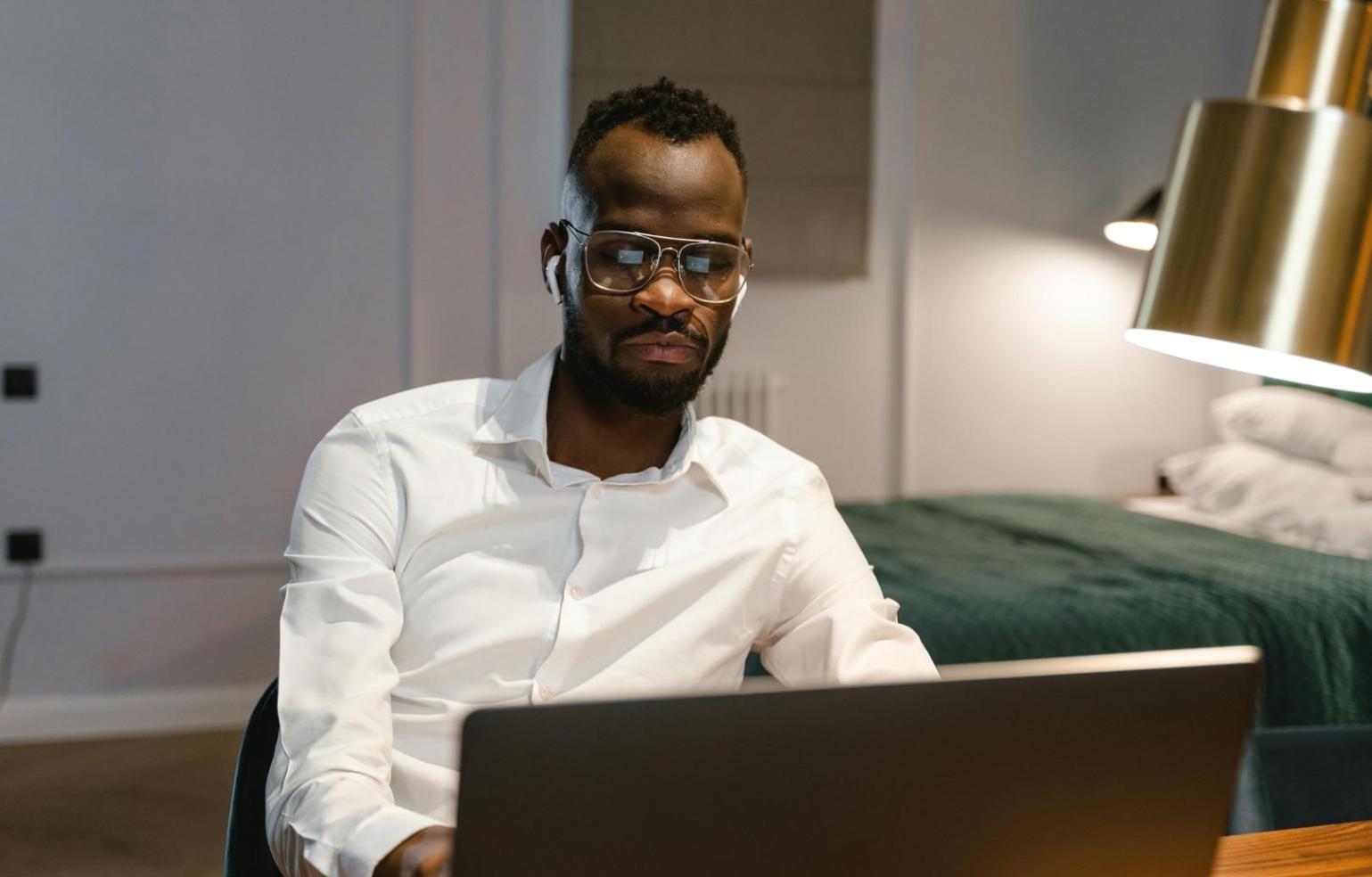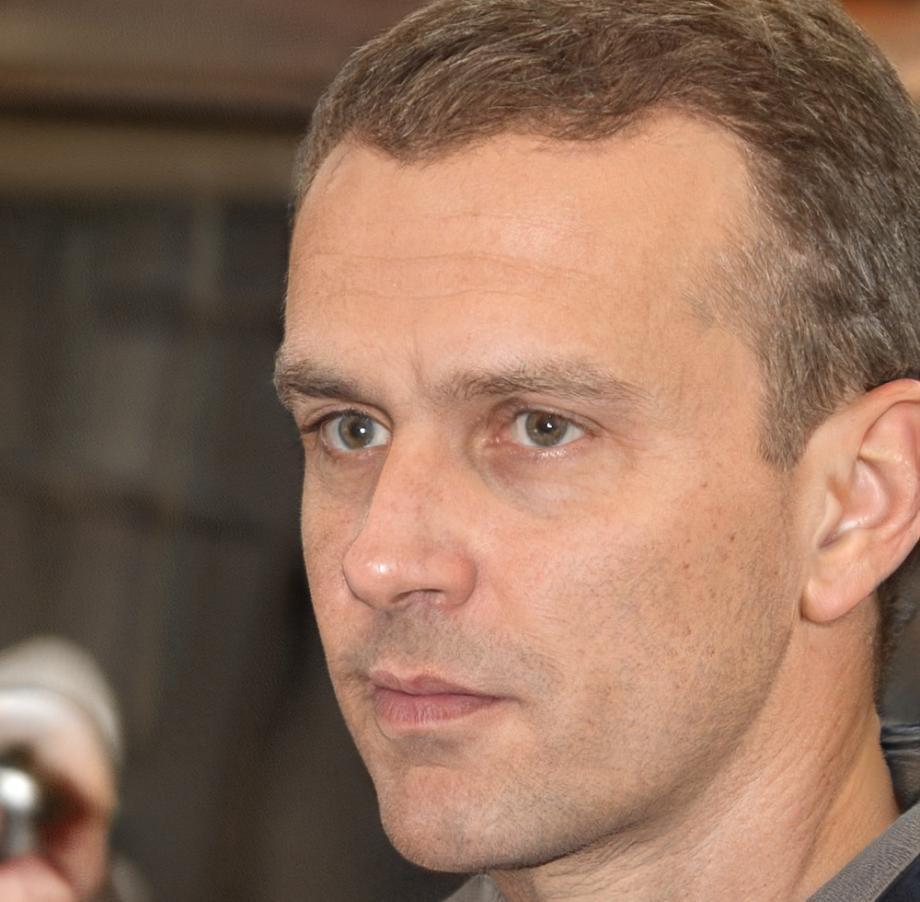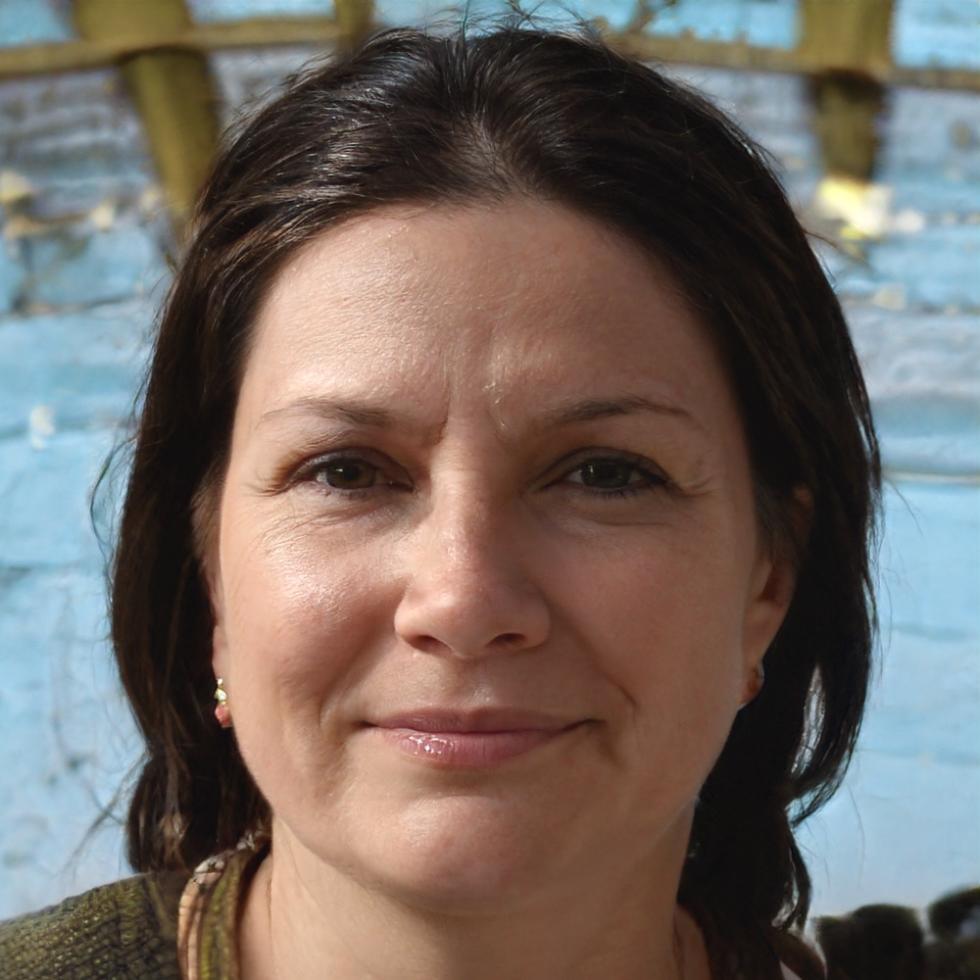Learn AR Development That Actually Makes Sense
We started this program because too many people were getting lost in confusing tutorials and outdated courses. Our approach is different – we teach mobile AR development the way we wish someone had taught us. Real projects, honest feedback, and skills you can actually use.
How We Think About Teaching
Most coding bootcamps rush through concepts, leaving students confused and overwhelmed. We took a step back and asked ourselves what actually works when learning something this technical.
Turns out, people learn best when they're building things that matter to them. So instead of lecturing for hours, we spend most of our time working through real AR projects together. You'll mess up, we'll help you figure out why, and you'll remember the lesson because you lived it.
We also keep groups intentionally small. Six students max per cohort. This isn't just about individual attention – though that helps – it's about creating an environment where everyone feels comfortable asking questions and sharing their struggles.
And yeah, we focus specifically on mobile AR because that's where the opportunities are right now. Desktop VR gets all the headlines, but mobile AR is what businesses actually need.

What Drives Us
What Makes Our Method Different
We've tried a lot of teaching approaches over the years. Some worked, many didn't. Here's what we landed on and why it matters.
Project-First Learning
Every concept you learn is tied to a project you're actively building. Week one, you're already creating a simple AR marker tracker. By week three, you're building location-based experiences.
Continuous Code Review
Every single project you submit gets reviewed by us. Not automated feedback – actual human eyes looking at your code and explaining what could be better and why.
Mobile-Specific Focus
Everything we teach is optimized for mobile devices. Performance considerations, touch interactions, battery life – these constraints shape how we approach every project.
Next Cohort Starts October 2025
We run three cohorts per year, starting in March, July, and October. The October session usually fills up first because people prefer learning new skills heading into winter.
Classes happen twice a week in the evenings – Tuesdays and Thursdays from 6:30 PM to 9:00 PM. We know most people are working during the day, so we built the schedule around that reality.
Between sessions, expect to spend another 8-10 hours per week on projects and assignments. That might sound like a lot, but it's necessary if you actually want to get good at this stuff.
Applications open in late August. We'll ask you about your current coding experience and what you hope to accomplish. No formal interviews – we just want to understand where you're starting from so we can help you effectively.
Program Structure



